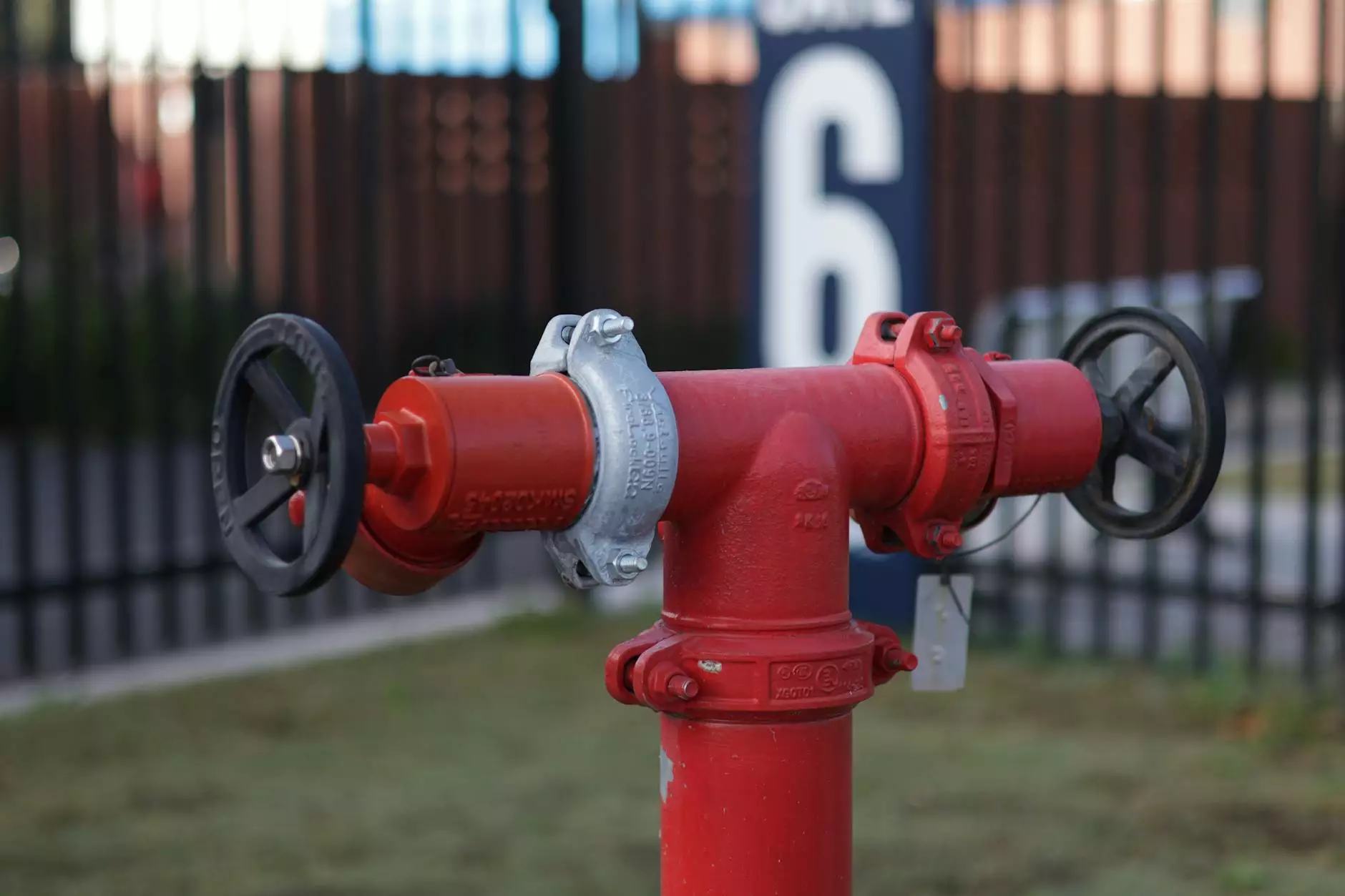Understanding Hydraulic Component Suppliers

Hydraulic systems are crucial in various industries, from automotive to motorcycle applications. Choosing the right hydraulic component suppliers is essential for ensuring quality, reliability, and performance. This article provides an in-depth look at hydraulic components, supplier selection, and the broad applications of these systems in auto parts and supplies, as well as motorcycle parts and supplies.
What Are Hydraulic Components?
Hydraulic components are mechanical devices that use fluid to transmit force. They play a critical role in creating and controlling power in hydraulic systems. Common hydraulic components include:
- Pumps: Convert mechanical energy into hydraulic energy.
- Actuators: Devices that convert hydraulic energy into mechanical motion.
- Valves: Control the flow and direction of hydraulic fluids.
- Reservoirs: Store hydraulic fluid to ensure a steady supply to the system.
The Importance of Hydraulic Component Suppliers
Choosing the right hydraulic component suppliers is essential to ensure optimal system performance. Here are several factors that make them indispensable:
- Quality Assurance: Reputable suppliers provide certified components that meet industry standards.
- Technical Support: Good suppliers have knowledgeable staff who can help with product selection and troubleshooting.
- Availability of Parts: Reliable suppliers maintain a substantial inventory, ensuring the parts you need are available.
- Competitive Pricing: Established suppliers often provide better rates due to their buying power.
Categories of Hydraulic Components for Auto and Motorcycle Parts
In the realm of automotive and motorcycle parts, hydraulic components play a vital role in the functionality of various systems. Here’s an overview of the categories in which these components are categorized:
1. Hydraulic Systems in Automotive Applications
Automobiles employ hydraulic components in several systems such as:
- Braking Systems: Utilizes hydraulic fluid to amplify the force applied to the brake pedal, allowing for effective stopping power.
- Steering Systems: Hydraulic assists in providing easier maneuverability, especially in larger vehicles.
- Suspension Systems: Hydraulic components help manage the vehicle's response over uneven terrains.
2. Hydraulic Systems in Motorcycle Applications
Motorcycles also incorporate hydraulic systems, which include:
- Clutch Systems: Provide a smoother engagement and disengagement, enhancing the riding experience.
- Braking Systems: Like automobiles, motorcycles use hydraulic brakes for effective stopping.
- Suspension Systems: Hydraulic systems allow for adjustable damping to accommodate different riding conditions.
Choosing the Right Hydraulic Component Suppliers
When selecting a hydraulic component supplier, it’s crucial to consider several factors to ensure you partner with the best:
1. Reputation and Experience
Research the supplier’s track record in the industry. Look for reviews, testimonials, and case studies demonstrating their expertise in supplying quality parts.
2. Range of Products
A comprehensive range of products offered by a supplier is critical. Ensure they provide the specific hydraulic components you need for both automotive and motorcycle applications.
3. Customization Options
Some projects may require customized hydraulic components. Check if your supplier offers custom solutions to meet your specific needs.
4. Delivery and Logistics
Fast and efficient delivery services are essential to minimize downtime in your operations. Choose suppliers with solid logistics capabilities.
5. After-Sales Support
Quality support after the purchase can be a game changer. Ensure they offer robust after-sales services including installation assistance and warranty options.
How to Evaluate Hydraulic Components
To ensure you purchase the best hydraulic components, it’s important to understand key evaluation metrics.
1. Pressure Ratings
Understand the pressure ratings of components to ensure they can handle the required load without failing.
2. Material Quality
Components made of high-quality materials ensure durability and longevity, important for maintaining performance in harsh conditions.
3. Compatibility
Ensure that the hydraulic components are compatible with existing systems and meet the necessary specifications.
4. Manufacturer’s Certification
Look for suppliers who provide products that are certified by regulatory bodies indicating they comply with industry standards.
Common Challenges in Sourcing Hydraulic Components
Every manufacturer may face challenges when sourcing hydraulic components. Understanding these can help mitigate issues:
1. Supply Chain Disruptions
Delays in manufacturing or shipping can impact the availability of hydraulic components. Building relationships with multiple suppliers can help mitigate this risk.
2. Technical Mismatches
Ensure all components meet the necessary technical specifications to avoid malfunctions and safety issues.
3. Price Fluctuations
Monitor market trends and be aware of price fluctuations in hydraulic components, which can affect budgeting and planning.
Future of Hydraulic Components in Auto and Motorcycle Industries
The hydraulic component industry is evolving rapidly. Some trends influencing future developments include:
1. Innovation and Technology Advancements
Continued advancement in technology leads to more efficient and powerful hydraulic systems. Smart hydraulics are being integrated with IoT technology for better monitoring and control.
2. Sustainability Efforts
As industries push for greener practices, suppliers are focusing on sustainable materials and practices to reduce environmental impact.
3. Electrification of Hydraulic Systems
There’s a growing trend towards the electrification of hydraulic systems, combining the benefits of hydropower with electric motor efficiency.
Conclusion: Empowering Your Operations with Hydraulic Component Suppliers
Finding the right hydraulic component suppliers for your automotive or motorcycle needs can significantly enhance your systems' performance and reliability. Invest time in researching reputable suppliers, evaluate their offerings, and ensure you understand the critical components you need. By doing so, you can improve operational efficiency, reduce downtime, and maintain excellent performance standards in your systems. Trust in the expertise of suppliers like ShopHydraulicAmerica.com to provide top-notch products and solutions tailored to your unique requirements.









